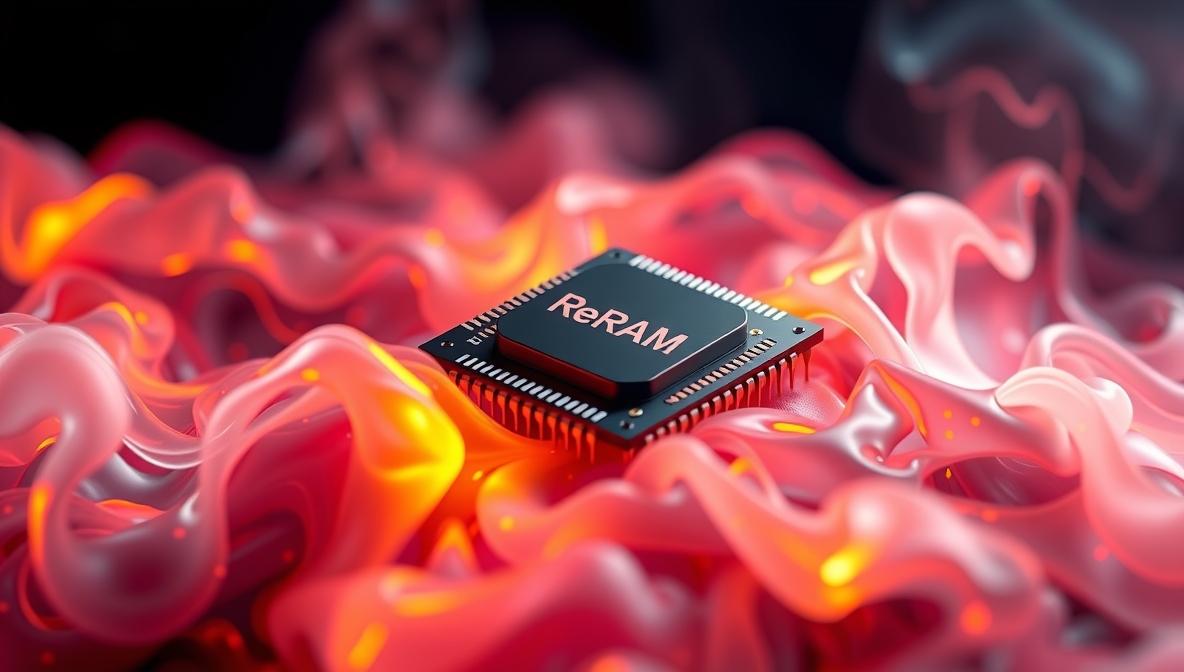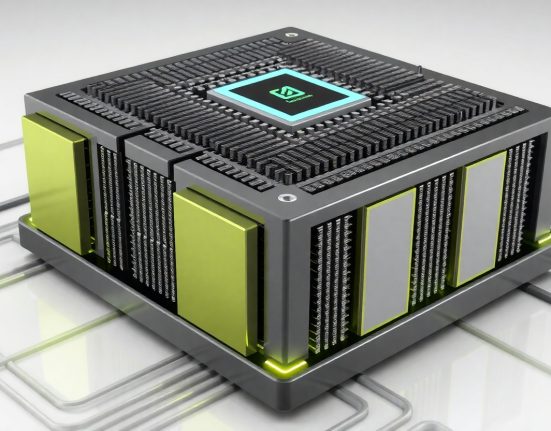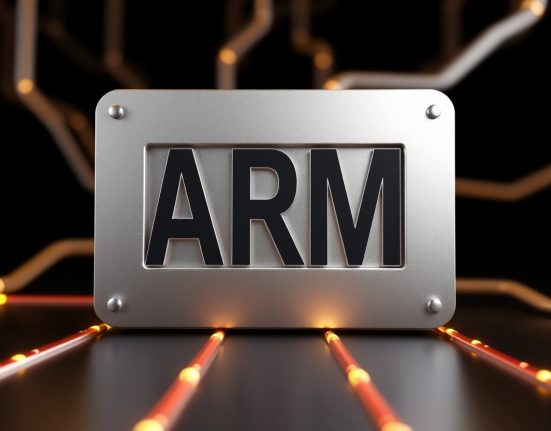Weebit Nano, a company that develops and licenses advanced memory technologies for the semiconductor industry, has announced the completion of full certification of its Resistive RAM (ReRAM) memory module according to the AEC-Q100 standard – a key requirement for electronic components in the automotive industry. This represents a substantial milestone for the company, demonstrating the quality and durability of its developed technology, especially in high-temperature operating environments.
The certification was performed for the company’s memory module manufactured using SkyWater Technology’s 130-nanometer CMOS technology. The certification process included meeting stringent requirements of the AEC-Q100 standard, including endurance tests for write and erase cycles, long-term data retention, and extended operation at high temperatures (HTOL – High Temperature Operating Life), up to 150 degrees Celsius.
The module passed the tests using a 1T1R memory architecture – a memory cell built with one transistor and one resistor – which provided stable results across 100,000 operational cycles, including data retention after operating at high temperatures. These data demonstrate the high reliability level of the technology even in extreme conditions, as required in the automotive market and other fields where long-term durability is necessary.
Significance of the AEC-Q100 Standard
The AEC-Q100 standard represents a global industry benchmark for quality and durability of electronic components in the automotive industry. Compliance with this standard is a prerequisite for introducing new technologies to the automotive market, where requirements are particularly stringent, both due to environmental conditions (extreme temperatures, vibrations, humidity) and the need for functional reliability over many years of use.
Weebit’s non-volatile memory (NVM) ReRAM technology is designed to integrate into embedded systems, particularly microcontrollers in smart vehicles. Its certification according to AEC-Q100 provides automotive manufacturers with evidence that the technology meets all performance and reliability requirements, even in harsh environments and for the long term.
Connection to Growth in the Automotive Market
According to research firm Yole Intelligence, the semiconductor market for the automotive industry is expected to grow from $52 billion in 2023 to $97 billion by 2029. This represents almost a doubling in six years, mainly driven by the acceleration of vehicle electrification processes, the transition to electric vehicles, and the integration of advanced driver assistance systems (ADAS). These trends require more advanced memory solutions – faster, more reliable, and with higher energy efficiency – areas where ReRAM may offer substantial advantages compared to existing technologies such as flash.
Additional Applications Beyond Automotive
The AEC-Q100 certification of ReRAM may also impact additional fields beyond automotive, where there are requirements for high resistance to extreme temperatures. For example, underground drilling equipment, industrial motors, oil and gas systems, and IoT solutions operating in harsh environmental conditions. For manufacturers and developers in this field, AEC-Q100 certification indicates that the technology is durable even beyond the conditions required in the general market.
Technological Advantages of Weebit ReRAM
Unlike existing flash memory technologies, Weebit’s ReRAM offers advantages including higher speed, improved reliability, and lower power consumption. An additional advantage is the ability to integrate the technology into existing manufacturing processes, using standard materials without requiring substantial equipment changes or large investments from manufacturers. This makes the technology relatively easy to adopt and integrate into commercial production streams.














